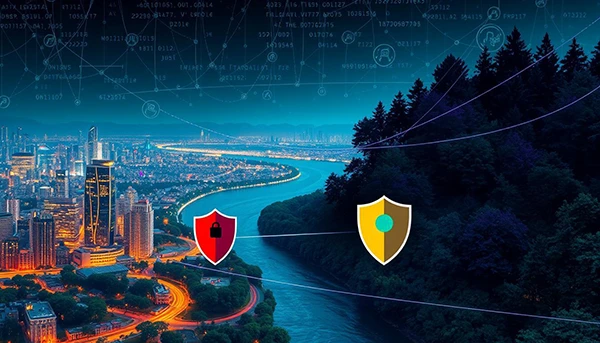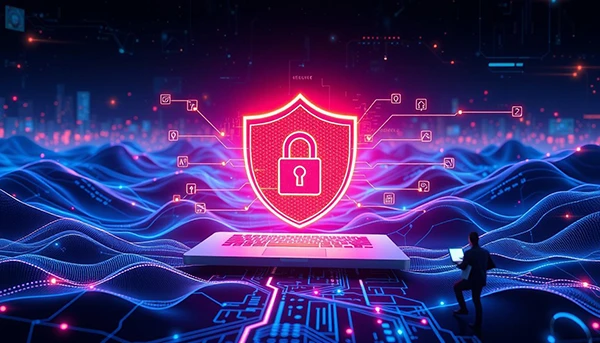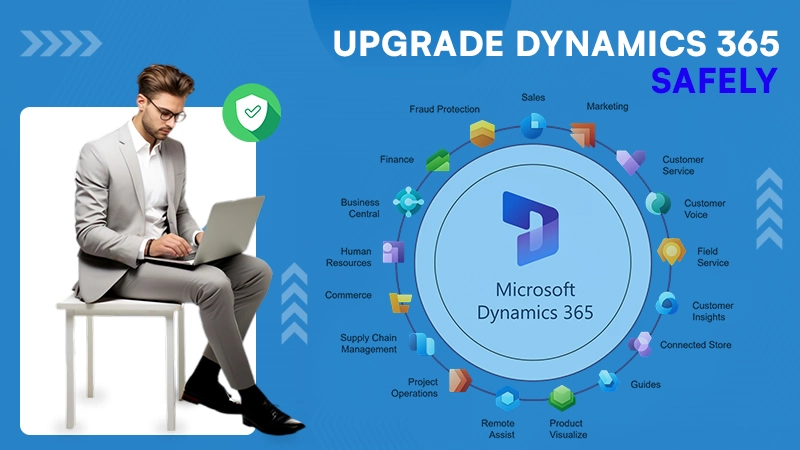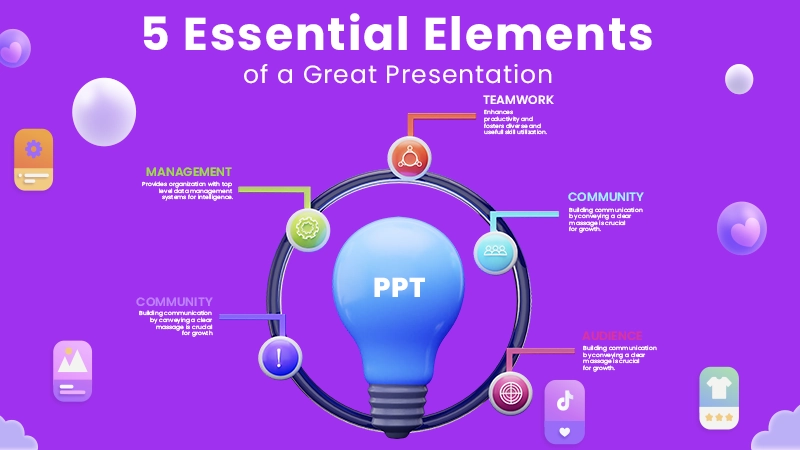The digital world is constantly changing, making online privacy a top concern for users. To combat growing internet security threats, people are embracing Virtual Private Networks (VPNs). Free VPNs, in particular, are becoming popular for those seeking secure browsing without spending money.
What was once a niche tool for tech experts and corporations is now accessible to everyone. Free VPNs provide a simple way to protect online privacy. They encrypt data, hiding users’ activities from unwanted eyes. Their rise in popularity stems from their affordability and ease of use, appealing to the average internet user.
Free VPNs are leading the way in prioritizing digital privacy. While they offer many benefits, it’s crucial to grasp their limitations. The growing use of free VPNs shows a societal shift towards personal privacy control. As these services evolve, they could fundamentally alter how we interact online and how businesses and governments handle data. Also, learn about FreeVPNmentor by reading this article.
Understanding the Impact of Free VPNs on Internet Privacy
Free VPNs are increasingly popular for those seeking to boost their online privacy. Grasping how these services operate sheds light on their benefits and drawbacks. This includes their effectiveness in data encryption, maintaining anonymity online, and safeguarding against threats on unprotected Wi-Fi.

Free VPNs primarily aim to protect user data through advanced encryption protocols. This process encodes data, making it inaccessible to unauthorized parties. This is especially vital when using public Wi-Fi, which is often insecure. Public networks, found in coffee shops, airports, and hotels, pose significant security risks. Thus, robust encryption is crucial to shield sensitive information from cyber threats.
- Data Encryption: Encrypts user data, making it nearly impossible for hackers to decipher.
- Anonymity Online: Masks your IP address, allowing you to browse the internet without revealing your geographic location.
- Digital Footprint: Minimizes the traces of online activities, thereby protecting your personal information from potential misuse.
- Unprotected Wi-Fi Protection: Provides a security layer that guards your data even when connected to insecure networks.
Utilizing a free VPN can greatly enhance your online anonymity, effectively hiding your digital footprint. This enables users to surf the web, access restricted content, and engage in online transactions with enhanced privacy and security.
Although free VPNs provide significant protection, it’s crucial for users to understand their capabilities. This ensures they meet individual needs. As cyber threats continue to evolve, recognizing the role of free VPNs in safeguarding internet privacy is vital for all online users.
Comparing Free VPNs and Paid VPNs: A User’s Perspective
Understanding the differences between free and paid VPN services is key. It affects how users experience privacy and security online. This look from a user’s viewpoint aims to highlight the pros and cons of both free and paid VPNs.

The Role of Free VPN in Advancing Online Security
In today’s world, cyber threats hide in plain sight, waiting to strike. Free VPN services have become essential in the fight against digital danger. They use secure encryption protocols to create a protective shield around our data. This shield helps prevent our information from being intercepted and used against us.
Free VPNs are making a significant impact, especially in the digital era. They offer a level of security that was once only available to those who could pay for it. This change means that people from all walks of life can now browse the internet more safely. It’s a big step towards making the online world a safer place for everyone.
The role of free VPNs in online security is vital and continues to grow. As technology advances, so will these services. We can expect to see even more advanced features and stronger encryption in the future. Free VPNs are a beacon of hope in our ever-changing digital landscape, working tirelessly to keep us safe online.










